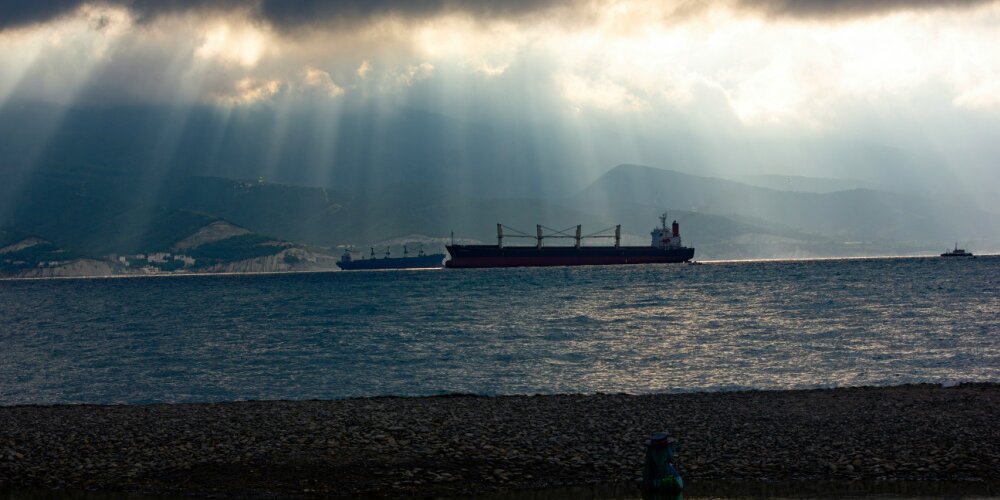Browse our services
Explore how Brookes Bell can help you
Find an expert
Meet our team, find and expert and connect
Contact us
Get in touch, we're here to help

Ammonia’s candidacy as a maritime fuel of the future has been given a boost following MAN Energy Solutions’ announcement that it will be ready to offer ammonia-fuelled engines to clients from 2027.
Speaking to Reuters, MAN Energy Solutions CEO Uwe Lauber said that he would not foresee the sale of ammonia engines happening “before 2027”.
Lauber made it clear that significant work must first be done to build out an ammonia-fueling infrastructure before shippers can adopt ammonia-fuelled engines. Significant cooperation will be required with port authorities such as Singapore (the world’s biggest hub for ship refuelling).
Ammonia may be a clean fuel (it doesn’t contain carbon), but it does pose safety concerns. As a result, safe forms of ammonia bunkering must be developed. Likewise, as Lauber pointed out to Reuters, “A lot of work needs to be done also on safety devices with the classification societies. There are no rules today available on how to design an ammonia system on a ship”.
In other words, in addition to infrastructure build-out, ship design also needs to catch up before ammonia-fuelled engines can be widely adopted.
Lauber’s comments follow the news that MAN has opened a €20m workshop in Singapore. This workshop is expected to maintain, repair, and retrofit fleets using its dual-fuelled engines that are able to burn oil and alternative fuels.
The current staff of 250 in Singapore is also expected to be boosted up to 400-500. This enlarged staff will not only work on retrofits and engine repair and maintenance, but will also train clients on how to operate dual-fuel engines safely and efficiently.
Lauber’s discussion with Reuters also turned to the topic of how much of the current global shipping fleet could be retrofitted to use alternative fuels. As per the report, ‘Depending on the ship’s age, value and its engine type, Lauber estimated that 3,000-5,000 of the 20,000 ships globally that use MAN engines can be retrofitted to burn alternative fuels and the conversion package could cost between $25m to $50m’.
In addition to dual-fuel capability, Lauber also revealed that MAN is currently conducting tests on its engines to use 100% biofuels (up from their current capability to use 30%).
With pressure from transnational organisations, legislators and policymakers growing, it seems that a dual-fuel future is a certain one for the shipping industry.
Naturally, however, such a transition involves considerable change and upheaval. If you want to ensure you and your fleet are in a position to make the transition as smoothly as possible, speak to Brookes Bell’s fuel specialists today.
For more maritime industry news and developments, explore the Brookes Bell News and Knowledge Hub…
Major Shipping Lines Call for an End Date for Fossil-Fuel Only Newbuilds | Researchers Warn of Potential Environmental Harms of Ammonia | Ocean Carriers Call for ‘Green Balance Mechanism’ to Achieve Net-Zero